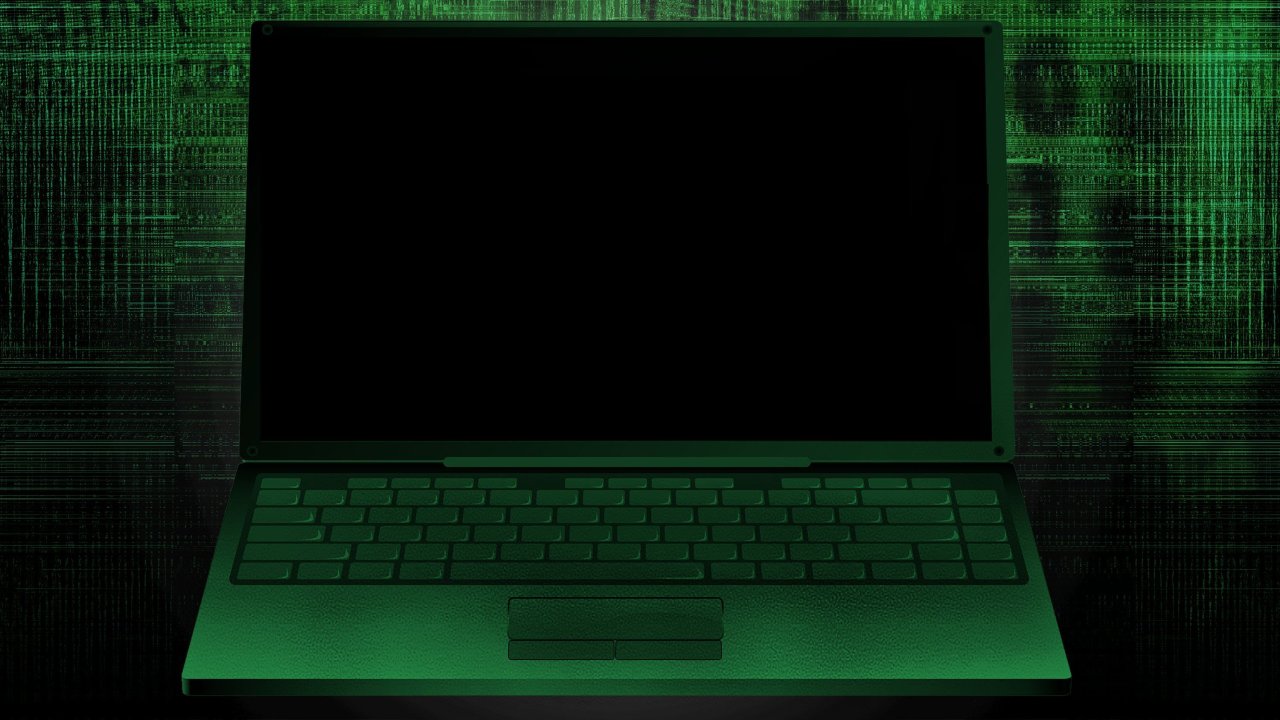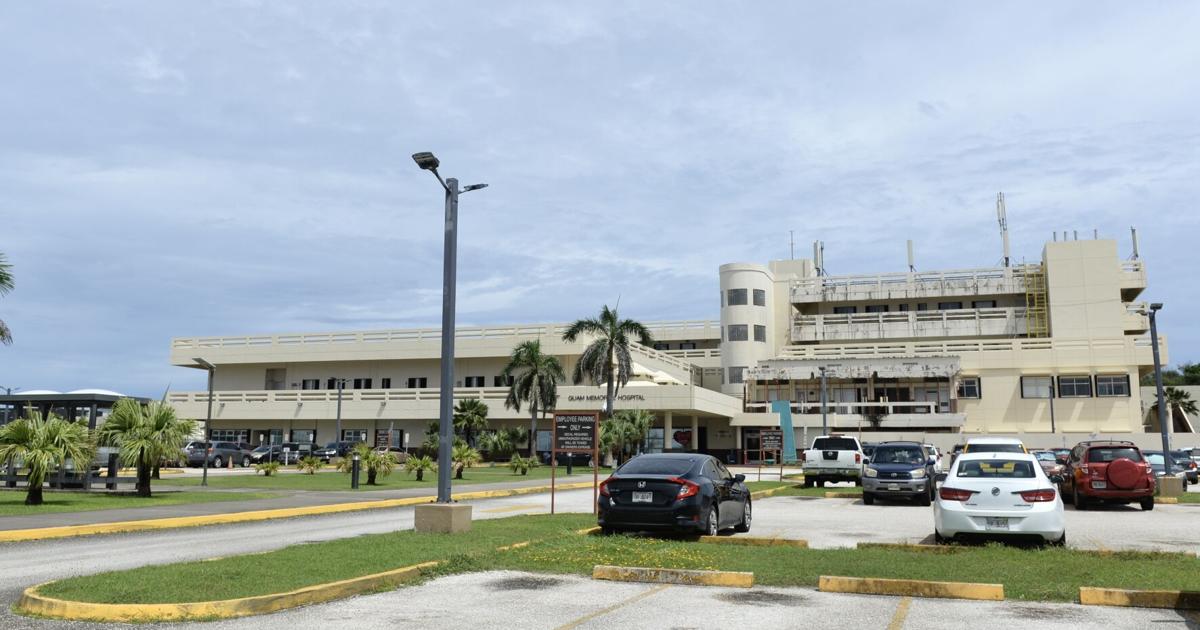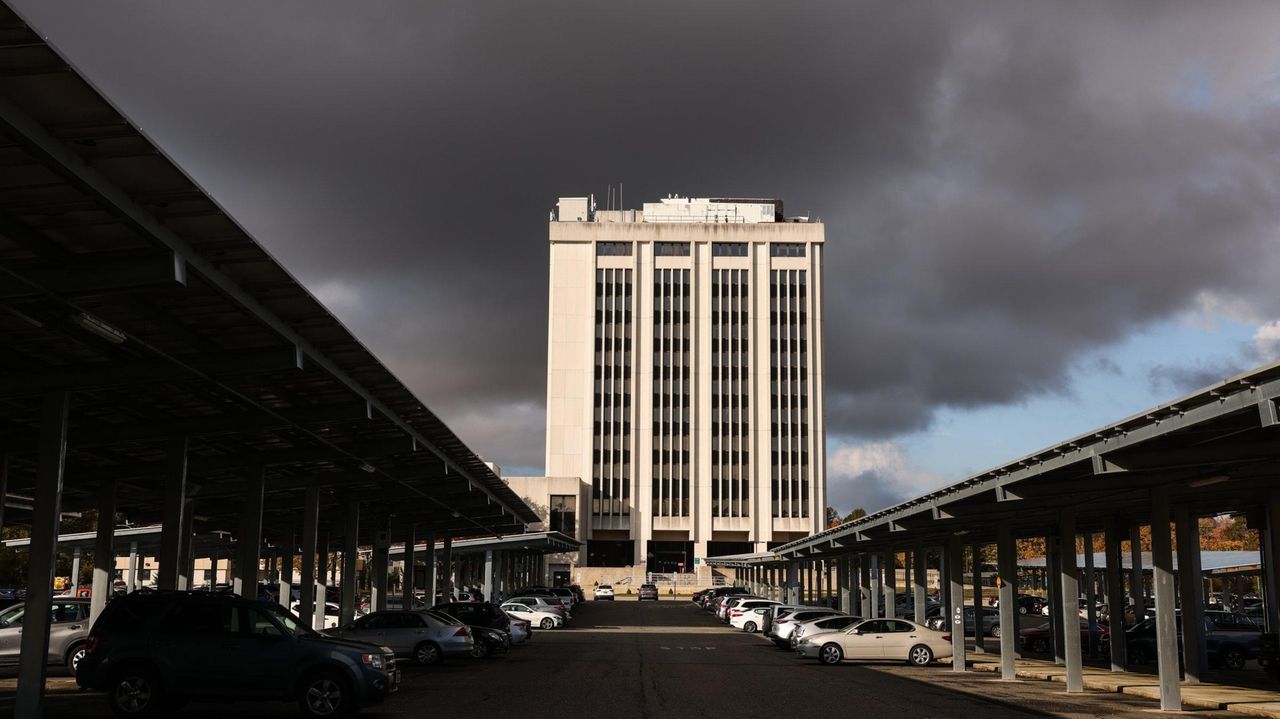India Shut Down Mobile Internet in Punjab Amid Manhunt for Amritpal Singh
A US House of Representatives hearing this week about the social media app TikTok did little to clarify lawmaker’s specific concerns about the potential national security risks associated with the wildly popular app, but it did vividly underscore the country’s lack of federal data privacy legislation. WIRED also discovered that TikTok paid for influencers popular on its platform to attend a DC rally in support of the service ahead of the hearing.
Meanwhile, as a possible indictment of former US president Donald Trump looms in New York state, internet users began generating AI images of Trump being arrested, but there are ways to tell that they’re fake. WIRED examined the increasingly aggressive and desperate tactics of Iran’s government-backed hackers amid mass protest and unrest in the country. Citizen sleuths around the world are using open source intelligence to separate fact from fiction in the mystery of who sabotaged the Nord Stream pipeline. And vulnerabilities keep showing up in ultra-popular photo cropping tools, exposing a host of cropped images all over the world where some or all of the original image can be recovered.
Plus, if you want to know what it’s like to be investigated by the US Secret Service—and how to avoid that particular pleasure—we have a full account.
And there’s more. Each week, we round up the security news we didn’t cover in-depth ourselves. Click the headlines to read the full stories, and stay safe out there.
People living in the Indian state of Punjab grappled with an internet shutdown for days after police imposed a connectivity blackout while searching for the Sikh activist Amritpal Singh. Singh is a member of the Sikh Waris Punjab De movement and recently evaded arrest. More than 100 of his supporters have been arrested. Punjab’s 27 million inhabitants faced mobile data and SMS blocking as well as traffic filtering on certain websites and services. For example, the government appeared to have blocked access to prominent Sikh Twitter accounts, including that of poet Rupi Kaur and the nonprofit United Sikhs. “Punjab Police India continued its crackdown on Waris Punjab De elements wanted on criminal charges,” the government of Punjab…




